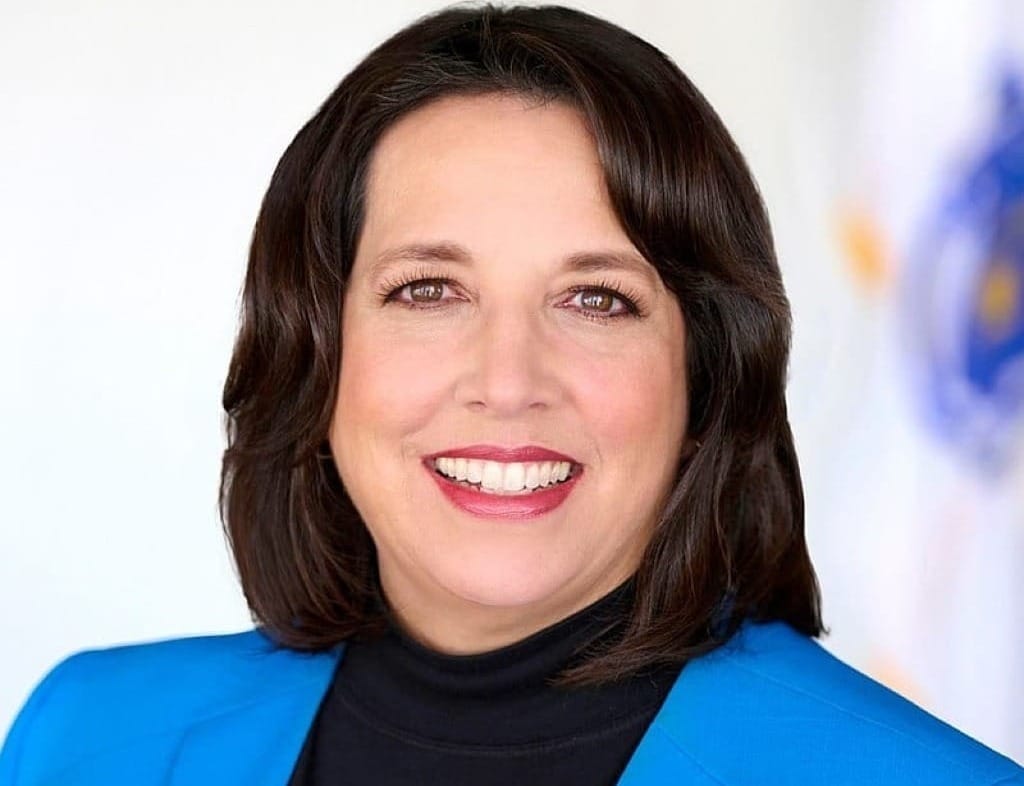Massachusetts Awards $45M CPF Grants
The money will connect 2,000 locations in 40 underserved communities by 2026.
Taormina Falsitta

July 2, 2024 – Massachusetts awarded more than $45 million in grants to extend high-speed internet coverage across the state as part of its Broadband Infrastructure Gap Network Program Tuesday.
Grant funds will be used to deliver service with internet speeds of at least 100 megabits per second (Mbps) for both download and upload, provide internet access to all existing unserved and underserved serviceable locations, and ensure a minimum 20 percent funding match with waivers available for municipalities with existing debt obligations related to municipal fiber-to-the-premise projects.
The money comes from the the U.S. Treasury’s Capital Projects Fund.
Lieut. Gov. Kim Driscoll said that through funding for “skills training programs, expanding access to internet-enabled devices, and increasing public Wi-Fi hotspots,” the administration is creating new economic opportunities for residents throughout the state.
“These grants build on our ongoing work to ensure that residents can access the affordable and reliable broadband service they need to work, learn, access healthcare resources, and connect with loved ones,” said Economic Development Secretary Yvonne Hao.
This funding aims to connect 2,000 locations in 40 underserved and underserved communities in Massachusetts by 2026. Grant recipients include Comcast, Greenfield Community Energy and Technology, Spectrum Northeast LLC, and Verizon New England Inc.
The Broadband Infrastructure Gap Networks Grant Program is a competitive grant program designed to address gaps in broadband infrastructure where reliable broadband service is currently unavailable.
Through MBI, Massachusetts has launched several programs to address the digital divide in the state. The state’s Broadband Equity Access and Deployment Program will use $147 million to close service gaps in the coming years, aided by the BEAD Challenge process, which launched on June 20 to ensure the accuracy of the state’s internet availability data and maps.
Massachusetts, through the Digital Equity Partnerships program, invested more than $40 million to support the work of organizations around digital access issues. Additionally, the Residential Internet Retrofit Program is using $22 million to deliver high-speed internet to residents of public and affordable housing. Through the Municipal Digital Equity Planning Program, 106 Massachusetts communities are developing strategic plans to identify roadblocks to internet access. MBI is also supporting municipalities through a separate Implementation Program that funds specific projects identified through the municipal planning process.









Member discussion